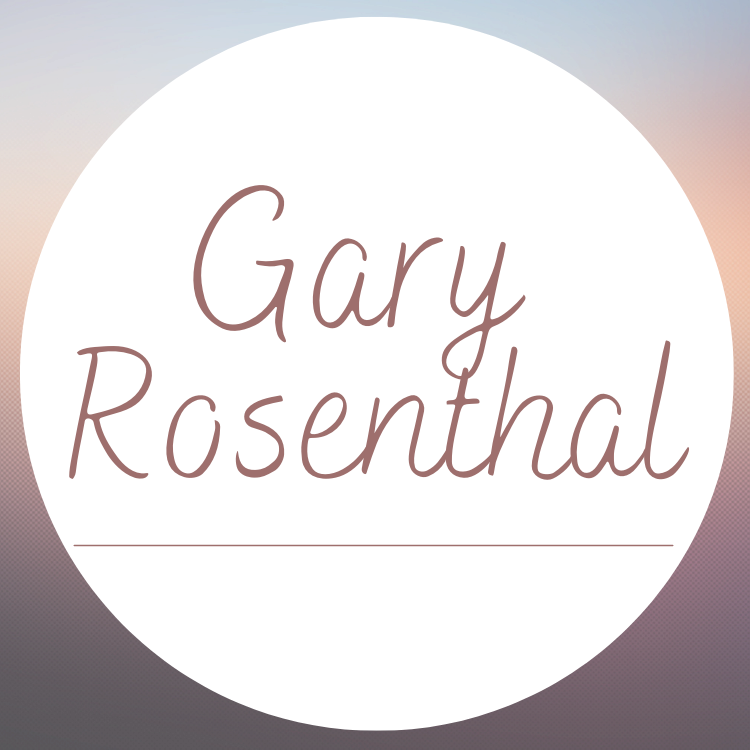Poetry
Home ~ Poetry

Watch videos of Gary reading recent poems >
Gary’s poetry collections include The You That is Everywhere, ecstatic love poems praised by author Jack Canfield, and whose back cover blurbs include further praise from fellow poets David Whyte , Coleman Barks, and Zen roshi John Tarrant.
Gary’s chapbook, The Museum of the Lord of Shame, has been employed by the Ridwhan/Diamond Heart school for its international students in retreats involving the superego. It has also been excerpted in two Sark’s Simon & Shuster books. Down the road, look for an expanded edition of The Museum of the Lord of Shame that includes the rest of the poems that were originally to have been published by North Atlantic Books.
His poems have also appeared in numerous anthologies including 365 Nirvana Here and Now: Living Every Moment in Enlightenment, published in England by Element Books, an imprint of HarperCollins, as well as What Book!? Buddha Poems from Beats to Hip Hop, a national book award winner (1999) published by Parallax Press with a foreword by Peter Coyote.
In the wings are two new poetry collections, An Amateur’s Guide to the Invisible World and Sleuthing the Numinous, a new chapbook, The Testimony of Lilith, and a new nonfiction book, Extraordinary Times: On Trusting in God & Tethering Your Camel in World Falling Apart at the Seams.
*
Like dreams, like myths, poems exist at the margin of what is say-able. Each is the darling progeny, the fanciful creation of the Uncreated. Each has been granted license to depart from the consensual fiction we think of as "reality" in order to point to a deeper truth.
Like dreams and myths, poems are emissaries - still cloaked in the mist between worlds, between a literal history, and what is freshly arising from Mystery. If myths are collective dreams, then poems are dreams that have learned how to fly.
Poetry collections by Gary Rosenthal
Click to read excerpts and learn more (email to purchase):
More poems by Gary
An Alternative Kingdom (2023) | Nine Minutes - 3 Poems - About Soul (2023)
Jumping the Cardboard | Ghetto Dokusan | Yes | Lost Coast Notes
About Poetry
There are so many parts of the Poetic Tradition, so many schools, and ways that poets were influenced, or feel allegiance - each with their own mentors who taught what a poem could be. My first teacher was Blake. In my late teens, I used to go off into the woods with William Blake's poems, a notebook, pen, and a tab of acid. And then wrote what came to me.
Then for a couple of decades, the spiritual influence was more Buddhistic, the poetic line shorter, with more of the mind's spaciousness in between each line. In my late teens till my mid 20s, I learned a lot from Basho, Gary Snyder, plus a bit from Ginsberg - though his line was longer, and indebted to Whitman. And for decades Rumi, in the translations especially from Coleman Barks, showed me what a poem could be. Ditto the poems of Rilke. Plus, I've admired several of David Whyte's collections, as well as those of Robert Kelly, and those of the Black Mountain school. And of course, Mary Oliver, plus Ellen Bass, and Dorianne Lux. So if you too have admired any of these poets, you might find a resonance in my poems too.
When Lovers Dissolve
Gary reads at the California Institute of Integral Studies Nondual Wisdom & Psychotherapy Conference, 2011
Love and the Poetic Tradition (listen below)
Gary's opening address to the International Enneagram Conference held in San Francisco in August, 2000.
Love Poetry: The Great Neglected Tradition
Transcript of interview with Gary about the historical vicissitudes of love poetry
